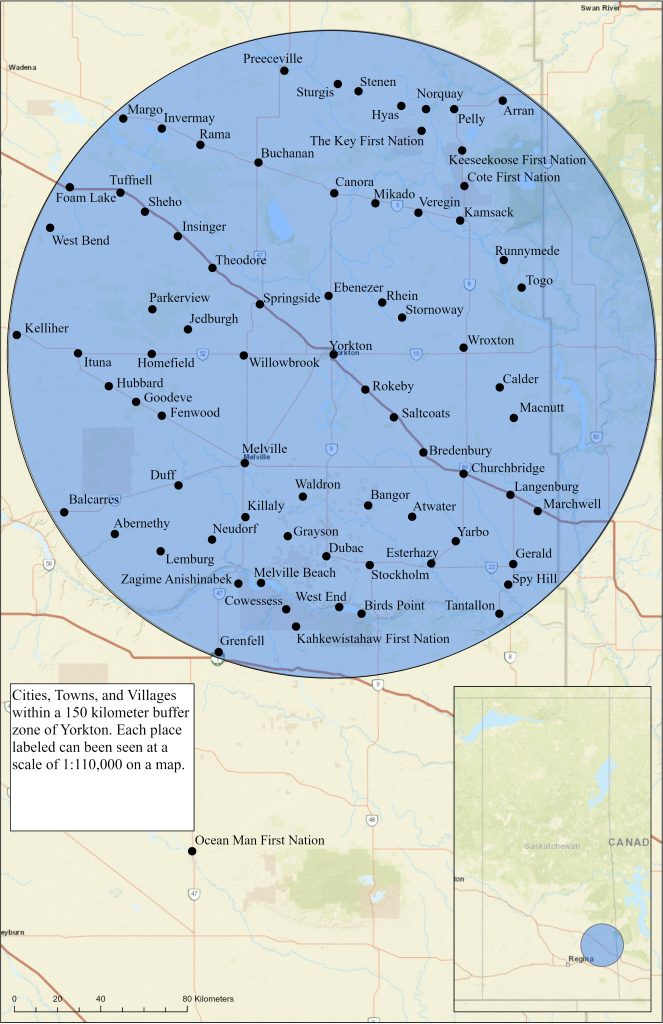Project Overview
Dementia Supports in Rural Saskatchewan is a five-year initiative (2019-2024) undertaken by the Saskatchewan Population Health and Evaluation Research Unit (SPHERU), University of Regina. The project objectives are to improve public awareness of dementia, to reduce stigma, and to improve the feeling of social inclusion of older adults living with dementia and their care partners. This was accomplished through implementing a collective impact approach with eight projects to deliver individual, community and organizational interventions to those living in small cities and rural communities in Saskatchewan.
In Saskatchewan, approximately 33% of the one million residents live in rural communities. In this province, over 17,500 individuals live with dementia, and an estimated 60% of those individuals reside in their own homes. Older adults living in small cities, or rural and remote communities, face unique barriers to accessing dementia care which are compounded by limited finances, education, public transportation, and geographic distance. Most programs and services supporting individuals living with dementia tend to be urban-focused.
By 2038, dementia is expected to cost over $35.9B in health and caregiver costs in Saskatchewan. It is projected that community care will become the dominant mode of dementia care in the province by 2028. Therefore, the limited availability of dementia care resources in rural Saskatchewan may decrease social inclusion and impact the well-being of older adults with dementia and that of their care partners. To address this challenge, our 5-year Collective Impact project (2019-2024) has been co-designing, implementing, and co-evaluating programs and services to enhance the social inclusion of older adults with dementia and their care partners.
Community Need
Older adults living in small cities or rural and remote communities face unique barriers to accessing dementia care which are compounded by limited finances, education, public transportation, and geographic distance (Forbes & Hawranik, 2012; Jeffery et al., 2013).
Individual, community, and organizational level services are essential to support those with dementia, and their care partners, in their own communities so that they can successfully age in place.
Objectives
- To improve the feeling of social inclusion of older adults with dementia and their care partners residing in Yorkton and surrounding rural areas
- To improve public awareness about dementia
- To reduce level of public stigma about dementia
- To improve supports for customers, clients and employees who are living with dementia or their care partners residing in Yorkton and surrounding areas
Collective Impact
Selected organizations from different sectors are working together to build a Collective Impact approach based on their shared vision.

